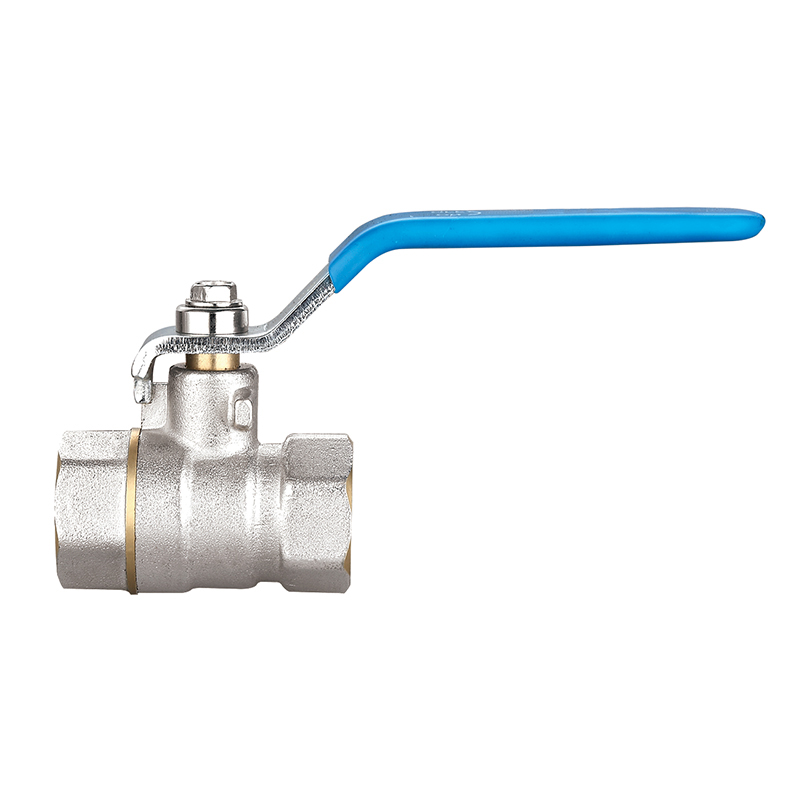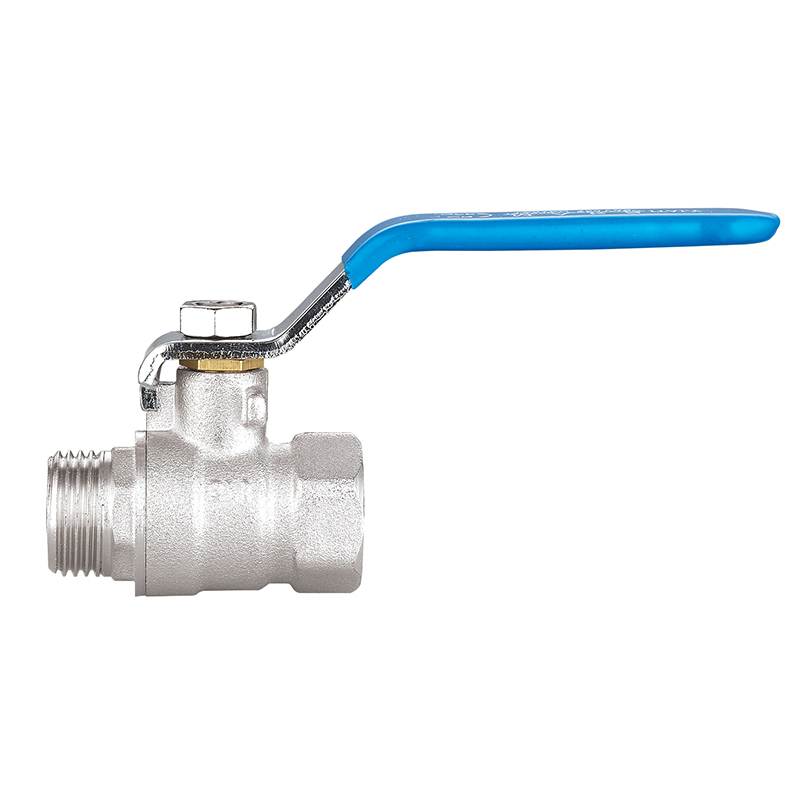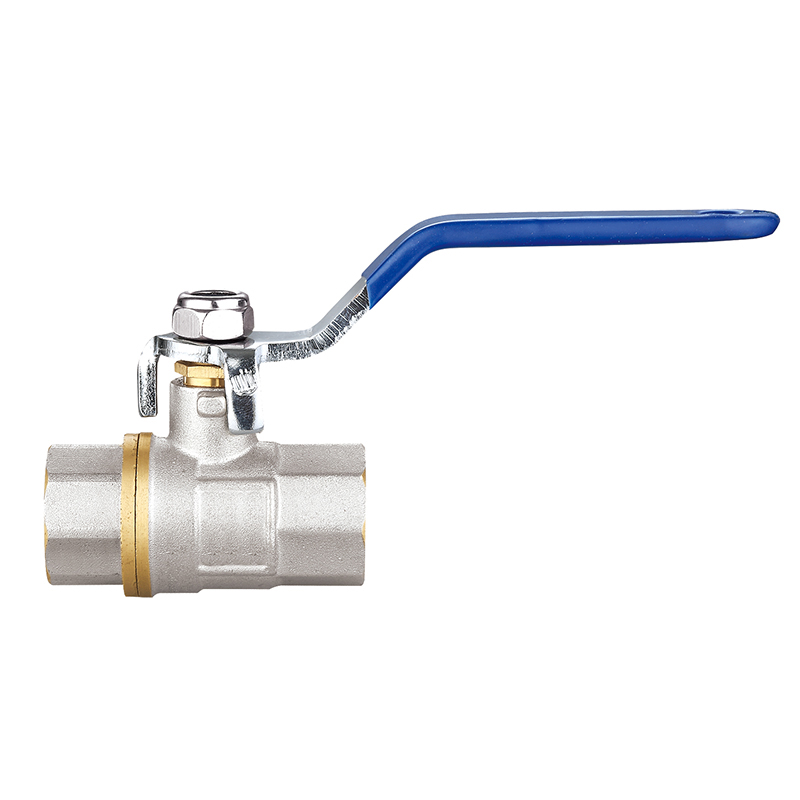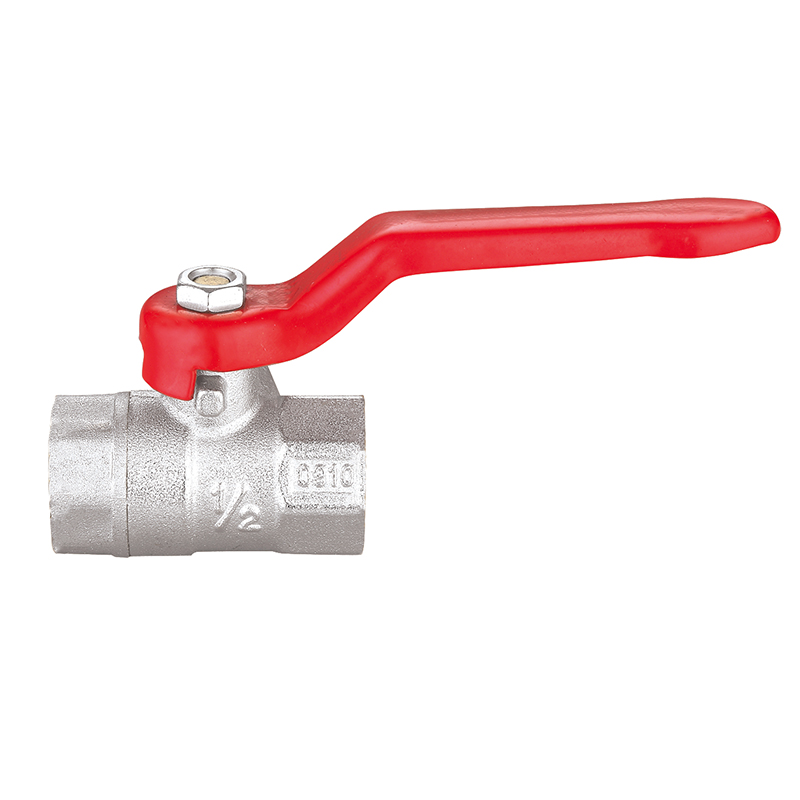Brass Ball Valves: Challenges, Benefits, and the Road Ahead
2025-10-17
The production of brass ball valves is a specialized process involving metallurgy, precision engineering, and quality control. It begins with selecting raw brass, an alloy of copper and zinc, known for its corrosion resistance and machinability. The first step in manufacturing involves casting or forging the valve body. In casting, molten brass is poured into molds, while forging applies heat and pressure to shape the material, both aiming to create a solid valve foundation.
Next, the valve body undergoes precise machining using Computer Numerical Control (CNC) machines. This ensures accurate internal passages for optimized fluid flow. The ball, a critical component, is also meticulously machined to ensure a smooth surface for an effective seal with the valve seats.
After machining, the valve components—body, ball, seats, stem, and seals—are assembled. Rigorous testing follows, including pressure, leak, and operational tests to verify performance under real-world conditions. Finally, the valve undergoes surface finishing, such as polishing or protective coatings, to enhance its appearance and durability.
Brass ball valves are used in a wide range of industrial applications due to their reliability and versatility. In the water and plumbing industries, brass ball valves regulate water flow and pressure, ensuring smooth operation in both residential and commercial settings. Their durability makes them an ideal choice for water treatment plants, pumps, and municipal water supply systems. In the gas industry, brass ball valves are employed to safely control the flow of natural gas in pipelines, where a secure seal is essential to prevent leaks and ensure safety.Their strength and ability to withstand extreme conditions make them well-suited for the challenges faced in these industries.
One of the key reasons brass ball valves are preferred over other materials, such as stainless steel or plastic, is their superior corrosion resistance. Brass performs well in environments where moisture is present, which is crucial in plumbing and gas applications. Brass is more cost-effective and easier to machine than stainless steel, making it an ideal choice for manufacturers looking to keep production costs down without sacrificing quality. While stainless steel may offer higher strength in extreme conditions, brass provides a balanced combination of strength, machinability, and corrosion resistance that meets the needs of most industrial applications.
Brass ball valve manufacturers face several challenges, including the variability in brass material composition, which can affect product consistency, and the environmental impact of energy-intensive production processes like casting and forging. Fluctuations in raw material prices, such as copper and zinc, can disrupt supply chains and increase costs.
Shuangwei Valve addresses these challenges by ensuring strict quality control over raw materials to maintain consistency. The company adopts sustainable manufacturing practices, including energy-efficient technologies and waste reduction measures. Shuangwei also works closely with suppliers to mitigate material cost fluctuations, ensuring stable production and competitive pricing.
The future of brass ball valve factories looks promising, with several trends shaping the industry. The integration of automation and smart technologies is expected to enhance production efficiency, reduce costs, and improve product quality. Advances in smart valve technology, which allows valves to monitor and control fluid flow autonomously, will drive innovation in the market.
In conclusion, the production process of brass ball valves involves precision engineering and rigorous quality control to produce a product that is reliable, durable, and suitable for a wide range of industrial applications. While challenges such as material variability, environmental impact, and supply chain disruptions exist, the future of brass ball valve factories remains bright, driven by technological advancements and a growing global demand for industrial solutions.
Whether you want to become our partner or need our professional guidance or support in product selections and problem solutions, our experts are always ready to help within 12 hours globally.




 русский
русский Español
Español عربى
عربى





